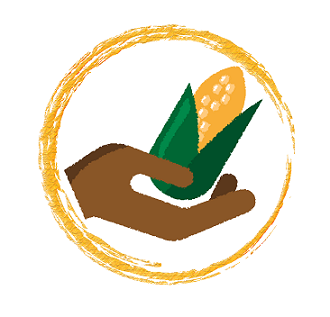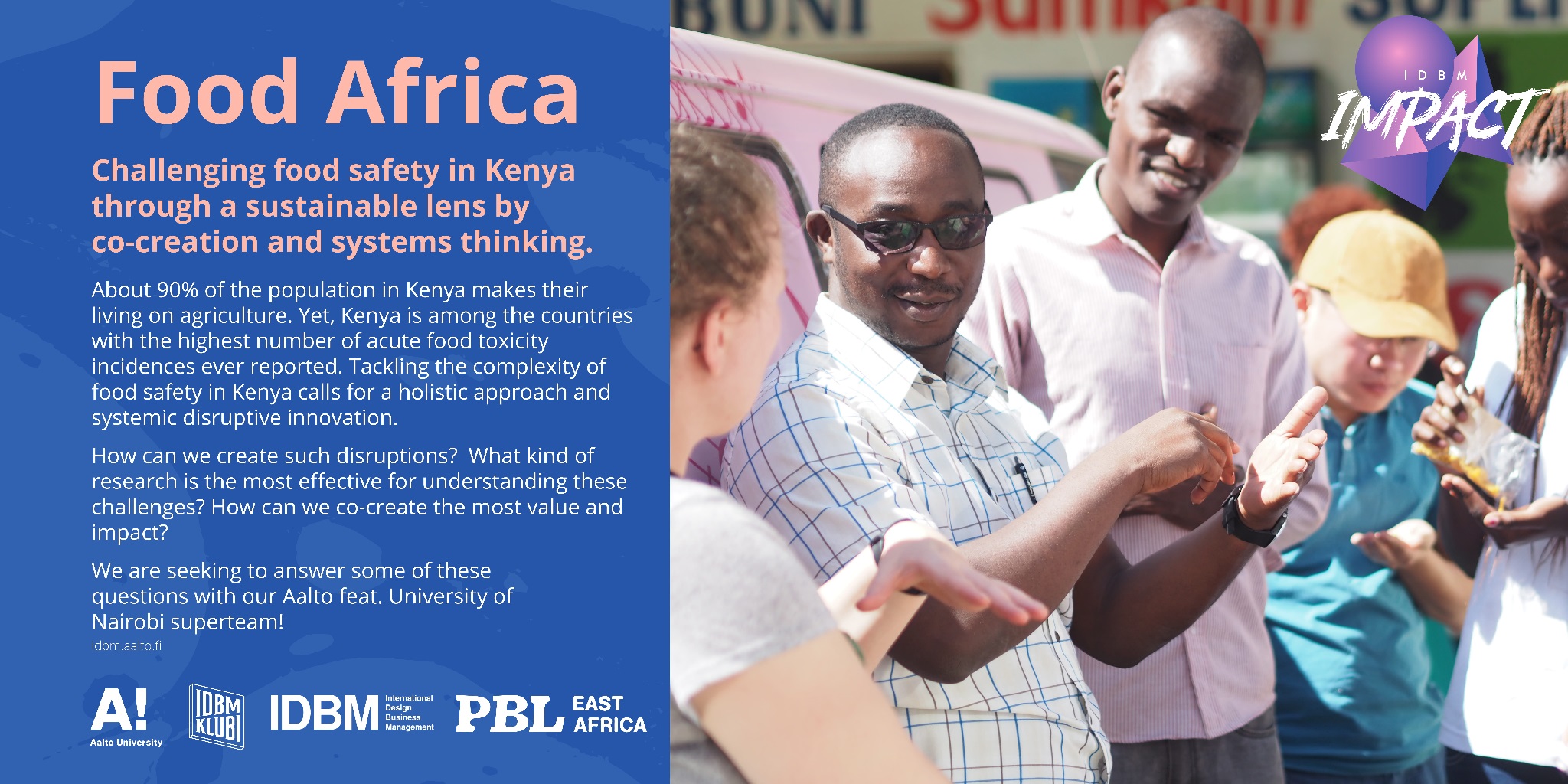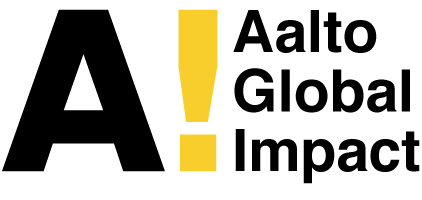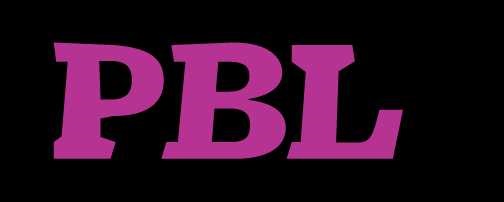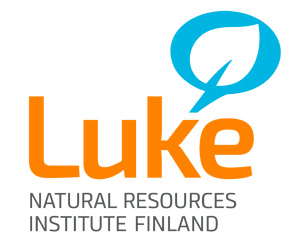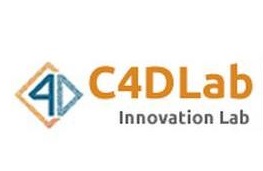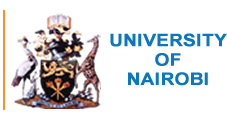Project Background
IDBM Food Africa is a project work of students from IDBM program under the course of Industry Project in Aalto University, Finland. Our project is part of PBL East Africa, a project facilitated by Aalto Global Impact, and our client is the FoodAfrica research programme by Luke (the Natural Resources Institute Finland).
- PBL East Africa is a joint initiative between University of Dar es Salaam, University of Nairobi, Makerere University and Aalto University. Taking place in 2017–2020, PBL East Africa project engages faculty, students and external partners in the four countries to work on sustainable innovation challenges in East Africa. As a whole, the project operates as a piloting platform for the universities to test, share and refine best practices in problem-based education – while also building regional and global networks in an effort to share knowledge and deepen innovation capabilities in East Africa and beyond. PBL East Africa is funded by the Ministry for Foreign Affairs of Finland, under the HEI ICI programme.
- FoodAfrica is a research and development Programme enhancing food security in West and East Africa. The objective of the Programme is to provide new knowledge and tools for researchers, decision makers and local farmers to improve local food security. The FoodAfrica Programme is implemented in six countries: Benin, Ghana, Cameroon, Kenya, Senegal, and Uganda.
In IDBM Food Africa Project, students from Aalto University collaborate with students from University of Nairobi to work on food safety issue, Aflatoxin in specific.
Project Brief
Problem Based Learning
This is the approach we used to solve issues within a very complex food system : Many stakeholders are involved and if you change one thing in the food system, it’s impact elsewhere is hard to predict. The field trip with our Kenyan Colleagues was key to understand the complexity of the problem that addresses many stakeholders in the value chain.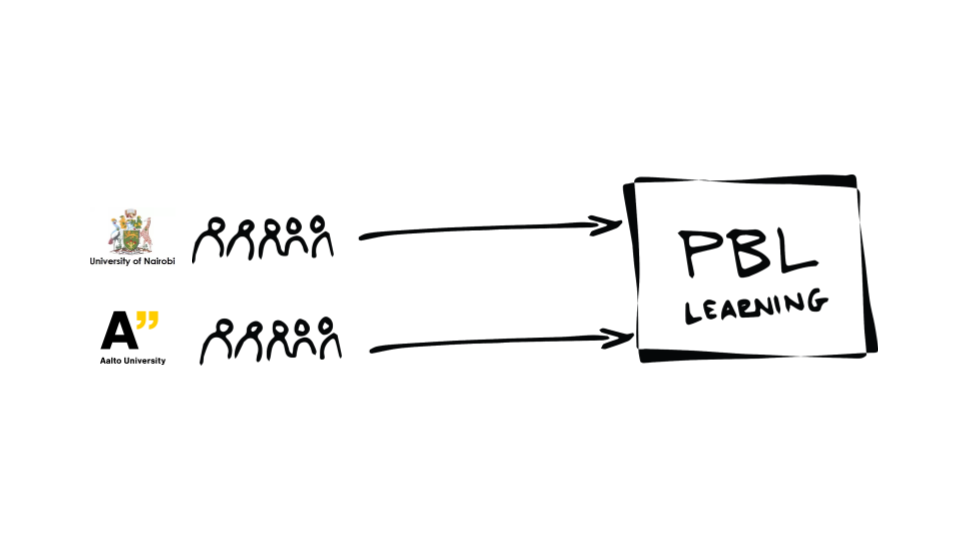
The multidisciplinary & multicultural team allowed for unique collaboration. Design thinking methods allowed for deep contextual understanding within the systemic boundaries.
The Process in a Nutshell
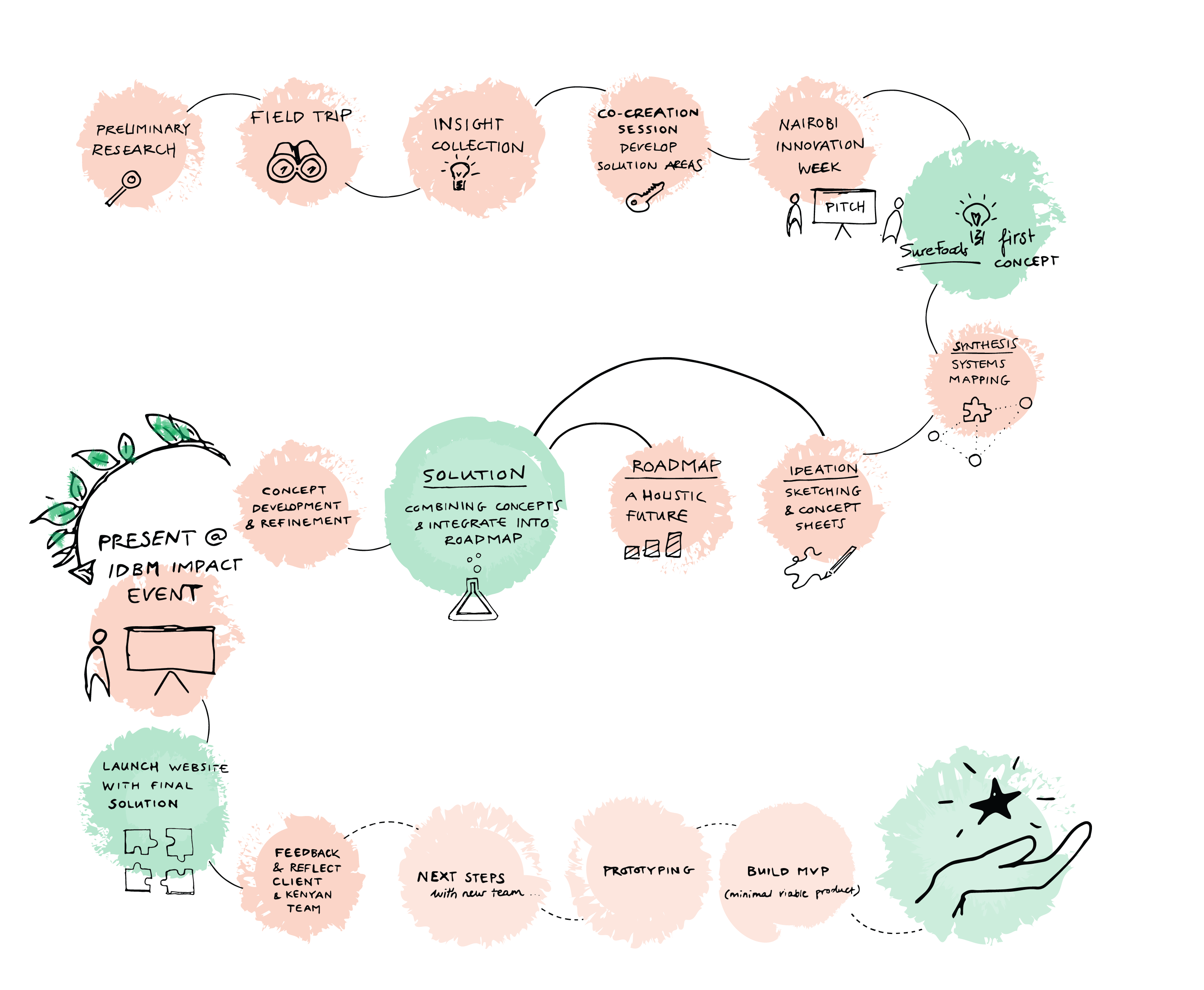
Next year the project will continue with a new team of students. We wish you the best!
